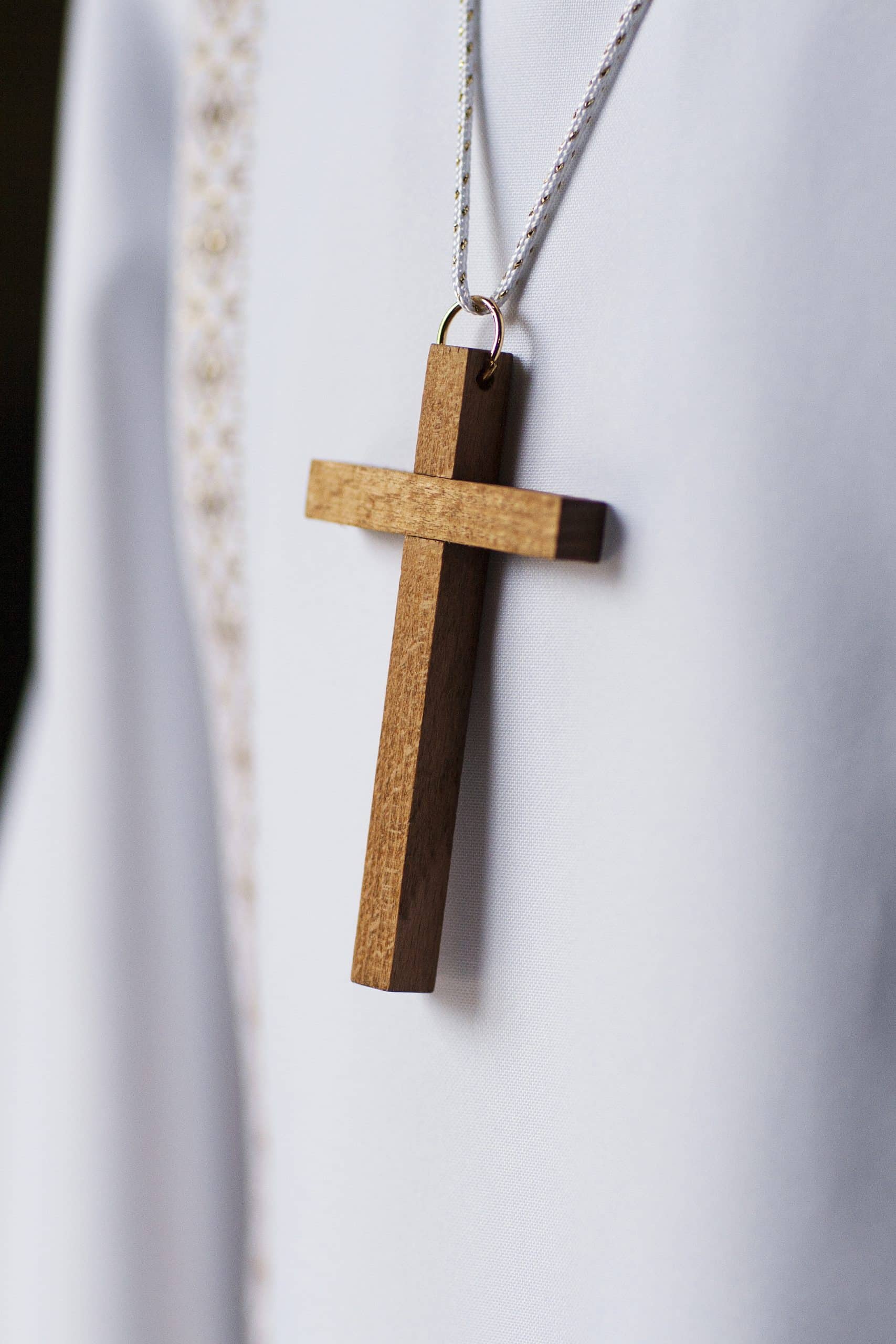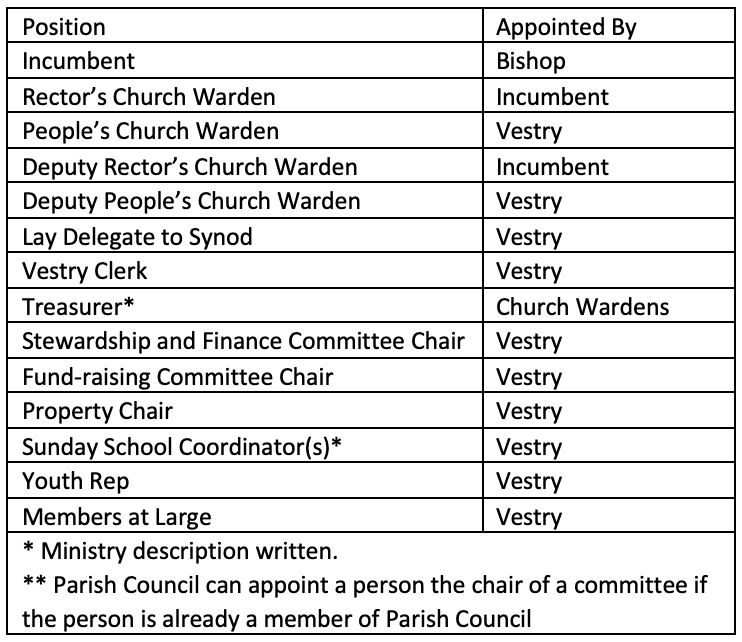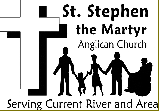Primer on Parish Government
Parishioners want their say in the running of St. Stephen’s. This article is written to help people understand how the parish is organized so that people can work within it to accomplish the work God is calling the church to do.
The church is a community of people, who believe in Jesus. We understand that the head of the church is Jesus. The way Jesus’ leadership is made present is through prayer and discernment. As people meet to make decisions in the church, the people have to be tuned into Jesus and make decisions that we think he is calling us to make.
In the Anglican Church of Canada, a parish is part of a diocese, and the sources of authority are the Bishop and the Diocesan Synod. A parish is the congregation or congregations served by one Incumbent.
The Bishop is responsible for the mission and ministry conducted in the diocese. Diocesan Synod is the legislature of the Diocese, and it meets every two years. The parish sends synod delegates: licensed clergy and one lay delegate for every 100 Canonical voters. Diocesan Synod passes canons or by-laws that govern the running of the diocese, deaneries and parishes. The Executive Committee is appointed to administer the finances and property of the Diocese; the Diocese holds all parish property in trust. For a brief description of Anglican Government look at Anglican Church: in the New to St. Stephen’s section.
So, within a parish the sources of authority are the Bishop and the Vestry.

Incumbent/Pastor
The Bishop appoints the Incumbent and Associates to a parish and exercises his authority through them. An Incumbent may be a bishop, priest, deacon or lay person. The term Rector is going out of usage and in the Canons, it has been replaced by the term Incumbent. So, the authority of the Incumbent is from the Bishop.
Pastor is another term for the Incumbent. The word pastor is Latin for shepherd. Pastor is a term used in many Christian denomination for the clergy who oversees a congregation.
Vestry
In a business sense, the Vestry meeting is like a meeting of the share holders. The Vestry is established by Canon J-1 and is made up of members (Canonical voters) who:
(i) are baptized; and
(ii) are of full age of 16 years; and
(iii) are habitual attendants at Divine Service in the congregation; and
(iv) have contributed during the year immediately preceding to the working expenses of the church. Canon J-1 Par 2.

A contribution is making at least one financial contribution, no matter how modest, which has been recorded and a receipt issued by the Envelope Secretary.
A Vestry Meeting must be held at least once a year to pass the budget and elect the officers. Vestry meetings are used to make major property and financial decisions, and other matters of major significance. At St. Stephen’s one is held in September to elect officers and members of Parish Council, and the Annual Vestry Meeting is held in February to receive reports and pass the budget. Canon J-1 provides mechanisms for the calling of Vestry Meetings.
Church Wardens
Two Church Wardens are appointed, the Rector’s, by the Incumbent and the People’s by the Vestry to make decisions. Two Deputy Church Wardens may be appointed in a similar manner, but only act as a Church Warden when the Church Warden is unable to function ex. on holidays or if the Church Warden resigns. Canon I-3 outlines the appointment and responsibilities of the Church Wardens, who are responsible for finances and property. As the Incumbent signs off on all diocesan form, the Incumbent also has some responsibility for finances and property.
Parish Council
Parish Council is appointed. Canon J-2 gives the framework for the Council, and the Vestry, following the Canon, may add positions as it sees fit. Currently St. Stephen’s Parish Council is made up of:

The board [Parish Council] shall help manage the spiritual and temporal affairs of the congregation, assist the churchwardens in carrying out their duties, and implement policies and decisions of the congregation’s vestry meetings, the synod, and the Bishop. Canon J-2 Par 2.
Parish Council tends to conduct the business of the parish and is the forum to resolve most issues and initiate new ideas. The wording of the Canons is such that the authority of the Parish Council does not override that of the Incumbent and Church Wardens. They may overturn decisions of the Parish Council, which in practice would be done only in exceptional circumstances.
Parish Council normally meets eight times through the year on the 2nd Monday of the month; check the parish calendar or bulletin to confirm date. Parish custom is anyone may attend and speak at a Parish Council meeting. Only those duly appointed may vote.
Parish Committees
At St. Stephen’s committees are appointed to do specific tasks and prepare recommendations for the Parish Council to consider. They reduce the number of Parish Council meetings and provide an opportunity for people to get involved with a limited commitment and a more focused interest. An ad hoc committee is appointed for a specific purpose and once that purpose is fulfilled, it ceases to function.
The standing Parish Committees are Fund-raising, Liturgy, and Stewardship and Finance. The Vestry appoints the committee chairs except that the Incumbent chairs the Liturgy Committee. The Parish Council appoints people to a parish committee, often on recommendation by the chair of the committee. The chair of a committee would make a report to Parish Council on behalf of the Committee. Committee members do not need to be a member of Parish Council. Committees meet as required, normally three or four times a year; see St. Stephen’s Committee Terms of Reference for further information.
The Incumbent and Church Wardens appoint people to a committee outside the parish.
Nominating Committee
The Nominating Committee prepares a slate of nominations for the Vestry meeting, which ensures that people are willing to stand for positions and most positions are filled. The chair of the Committee moves adoption of the report; a seconder is not required. For positions that the Vestry appoints, nominations are in order from the floor. If two people are nominated for a single position, then an election is held. For certain positions, the screening guidelines need to be followed, see the Ministry Description for that position.
This is not a comprehensive article, for a fuller treatment of this topic visit www.dioceseofalgoma.com; click on Diocesan Handbook and go to the Church Government chapter and check the Diocesan Constitution and Canons. The Diocesan Handbook is in the parish library.
This article has outlined how St. Stephen’s is organized. How it works in practice is up to people. The willingness to seek Jesus’ direction, work together, and do what one has agreed to do determines the effectiveness of the mission and ministry of the parish.


